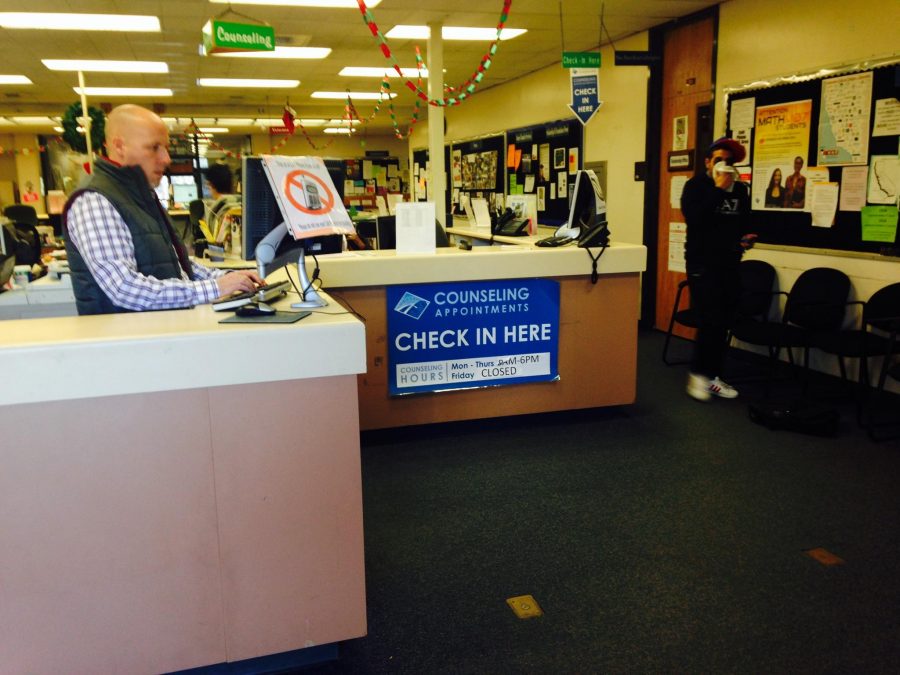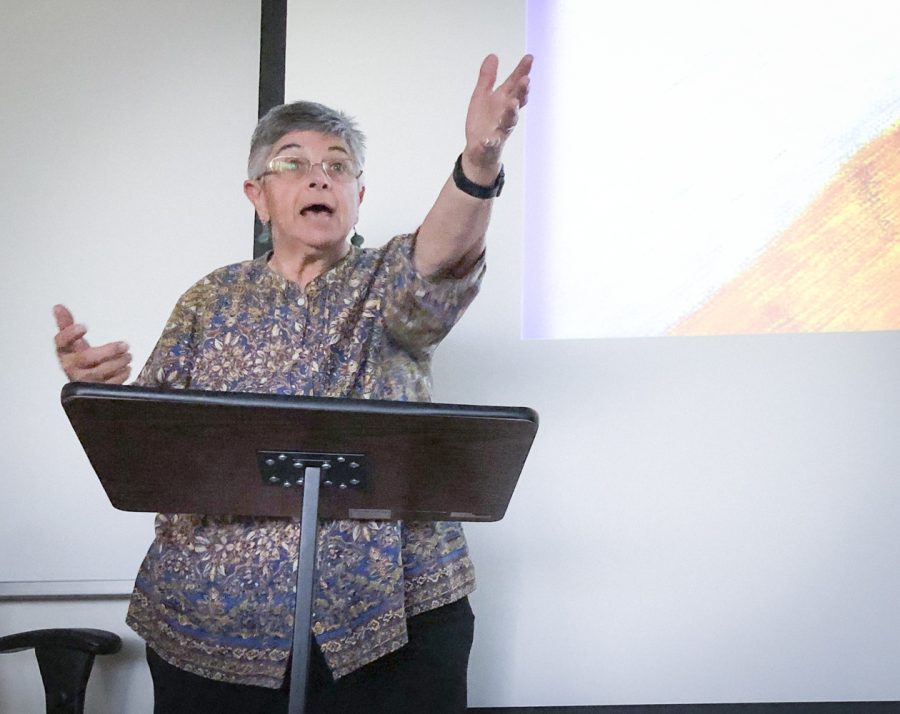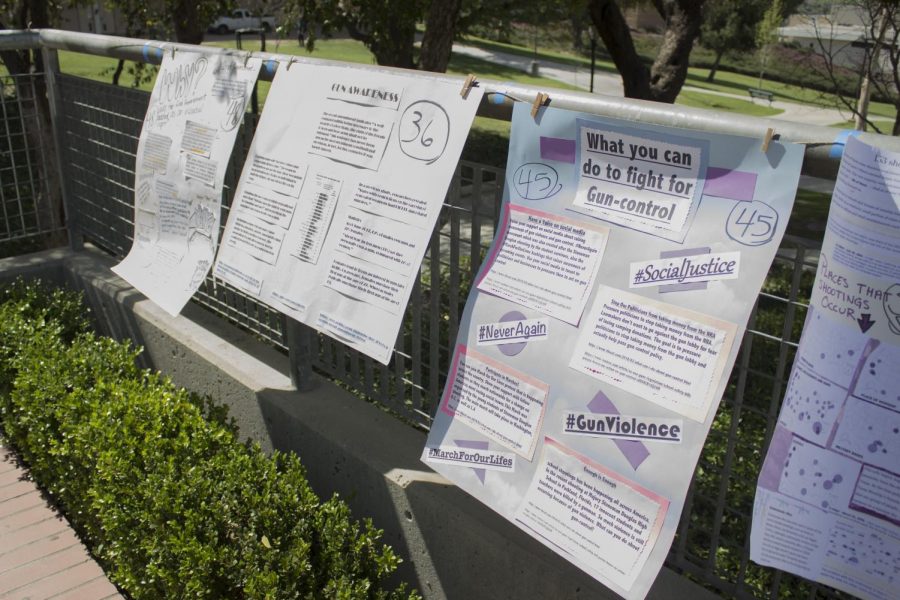Moorpark College students who are trying to transfer are feeling the pressure of finding the major that’s right for them.
The counseling office is a great place for students to go if they are unsure about what they want to do, and Counselor Giselle Ramirez can explain the many reasons community colleges feel that figuring out a major is so important.
“You can’t transfer as undecided to any university,” said Ramirez. “The sooner you know your major, the faster you can work on major prep, which is what’s required and typically looked highly upon at the university level.
Students want to know that the major they pick doesn’t ruin their chances of finding the career that they will love after college. Studies have shown that this isn’t usually the case. According to the Federal Reserve Bank of New York, in 2010 only 27 percent of college graduates worked at a job that closely related to their major.
While some students may already know exactly what they want to do with their lives, many are struggling with the idea of deciding their future career before they even finish college. Rheanna Nelson is a 19-year-old sophomore at Moorpark College, who is currently majoring in communications. She has her doubts about the major she has chosen but doesn’t want to waste her time by changing it.
“I wish I could do more and experience more and then decide off of what I love doing what career path I want to take,” Nelson said. “How am I supposed to know that communications is exactly what I want to do, when I have no experience in it?”
So why should you have to decide at 19 years old what you want to do with the rest of your life?
If you want to guarantee that you have a career in something after graduation, and specific majors matter to you, you should look to the majors with the most variety. Business administration, Communications, Accounting, and MBA majors are the most flexible degrees to have when looking for a job according to the U.S Department of Labor.
Steven Gantenbein graduated from University of California Santa Barbara with a Bachelors degree in psychology. Originally his plan was to become a teacher for a subject in which the degree would not matter, then move onto Grad school.
After college Gantenbein worked at an outdoors school and realized teaching wasn’t what he wanted to do. After three or four years at the outdoors school, he moved onto a company called TapJoy, where he currently is a sales representative.
“For both of my jobs you had to have a degree, and for both it wasn’t 100 percent necessary or important what specific degree you majored in,” Gantenbein stated.
The starting salary for a sales representative at TapJoy is about $41,000 a year and that number can be increased with bonuses when the representative hits a certain percentage of their goal commission. They can even surpass the goal by large percentages, which can increase their salary immensely for the year.
He works with people, who have degrees in a variety of things, like Political Science, English, and Business and the experiences they gained from the courses, not necessarily the degrees, have contributed to how they do their jobs.
“I think that at that point if you don’t have a set career path, getting a degree is just for the sake of saying you have a degree, more like proof that you can commit to something and stick with” Gantenbein said.
It’s not to say that if you want to be a doctor or a lawyer, majoring in medicine or law isn’t that important, because in that case it is. But if you are someone who is not sure what career you will eventually have, try pursuing a subject you love, because sometimes the experiences you take out of college and the knowledge you gain is more important than what you specialize in on paper.






